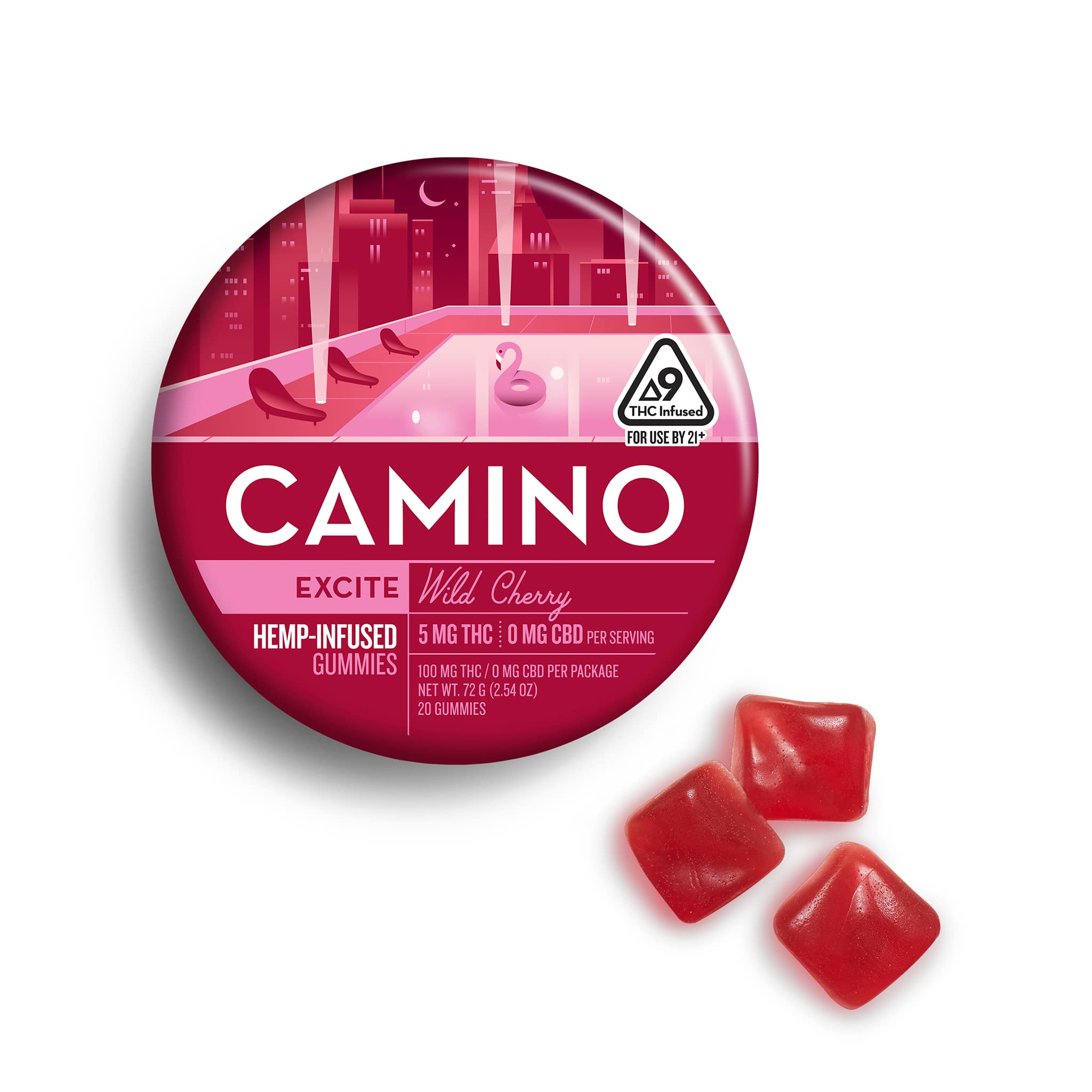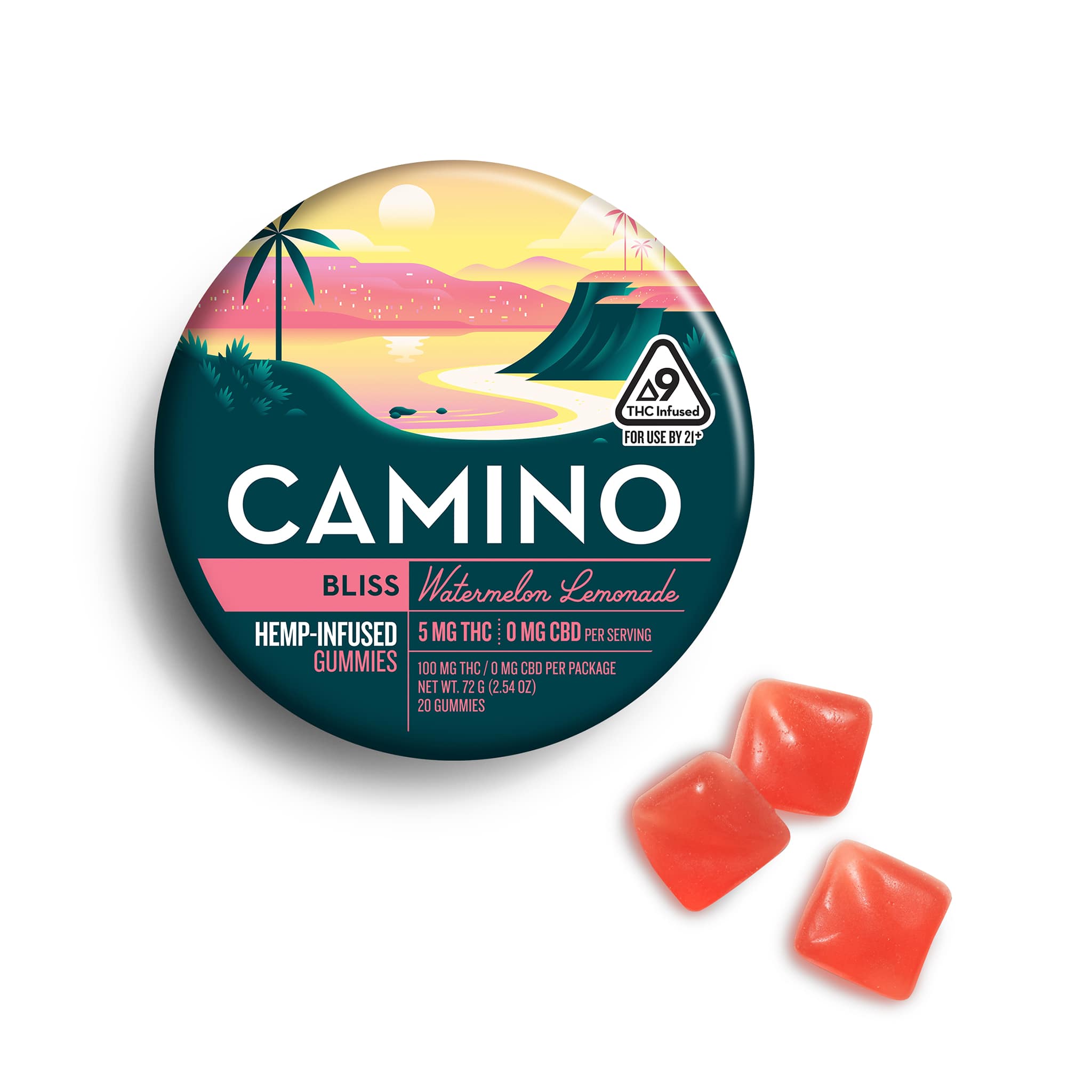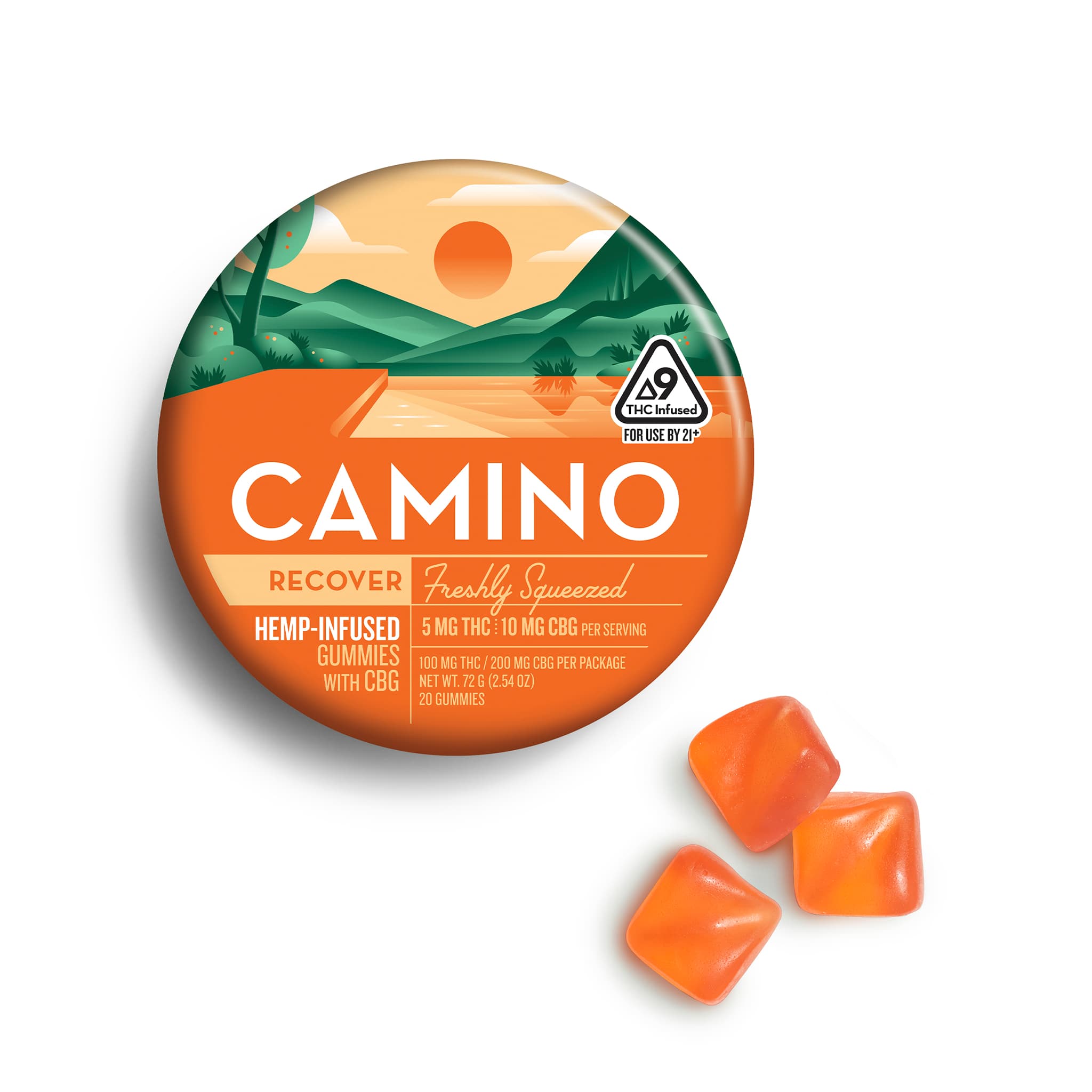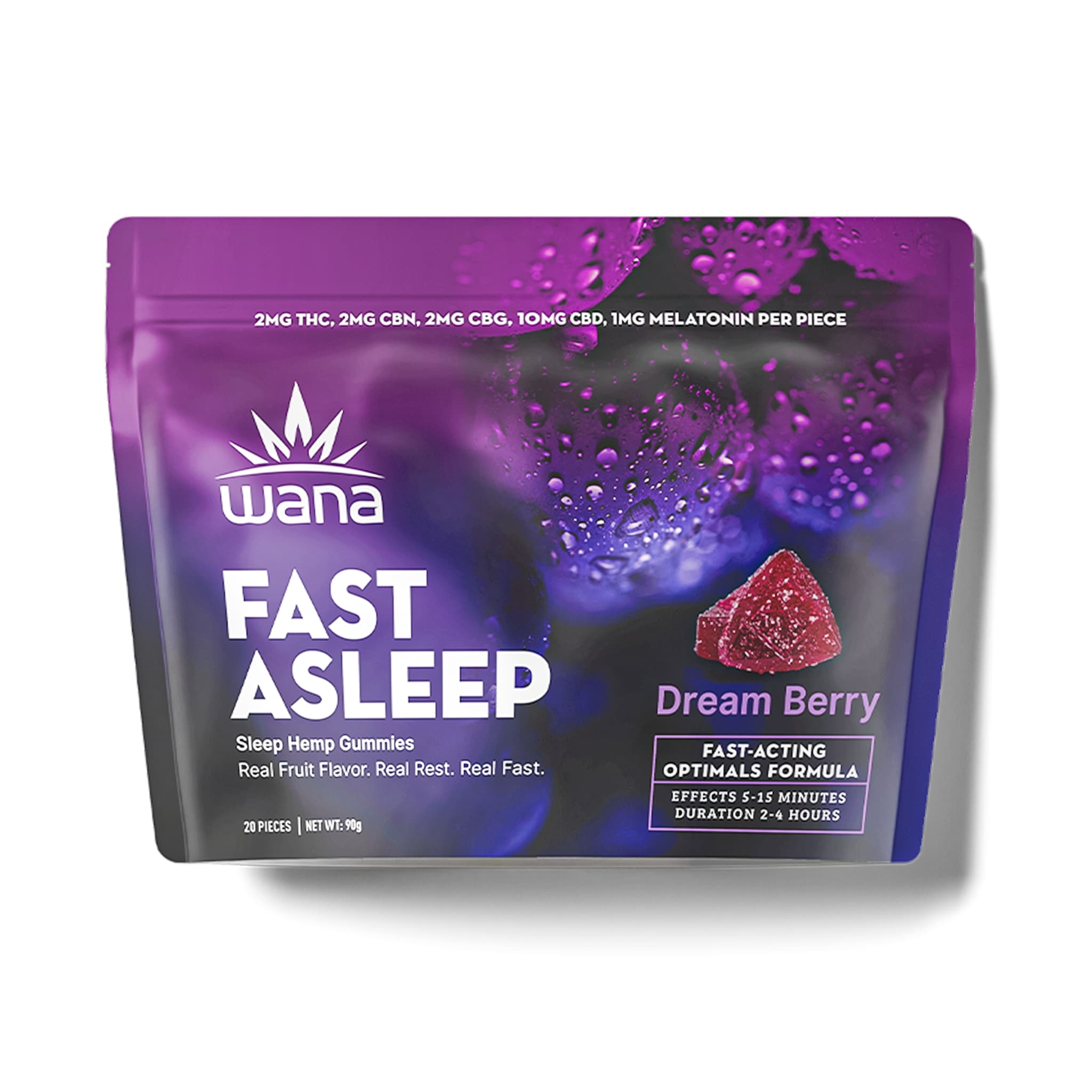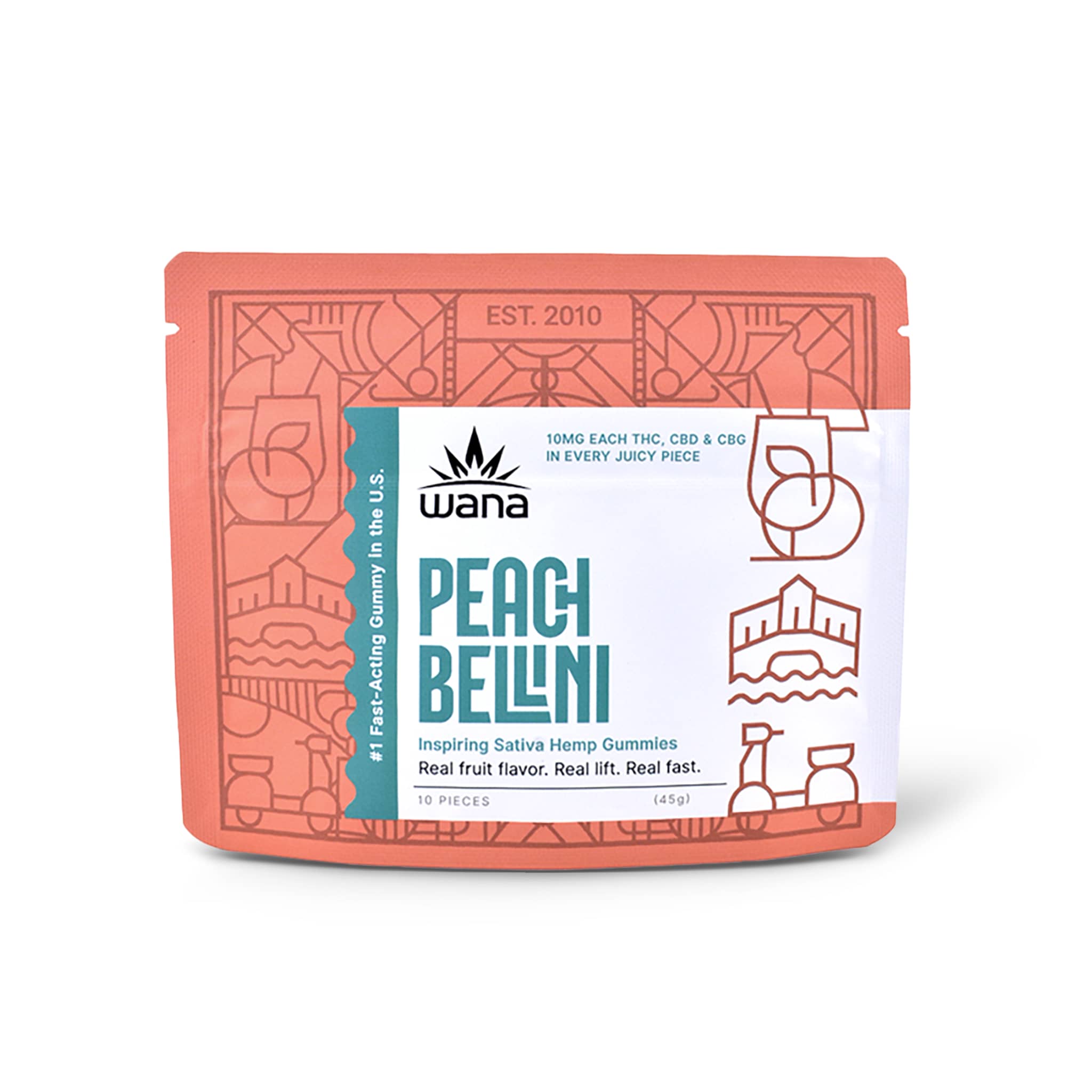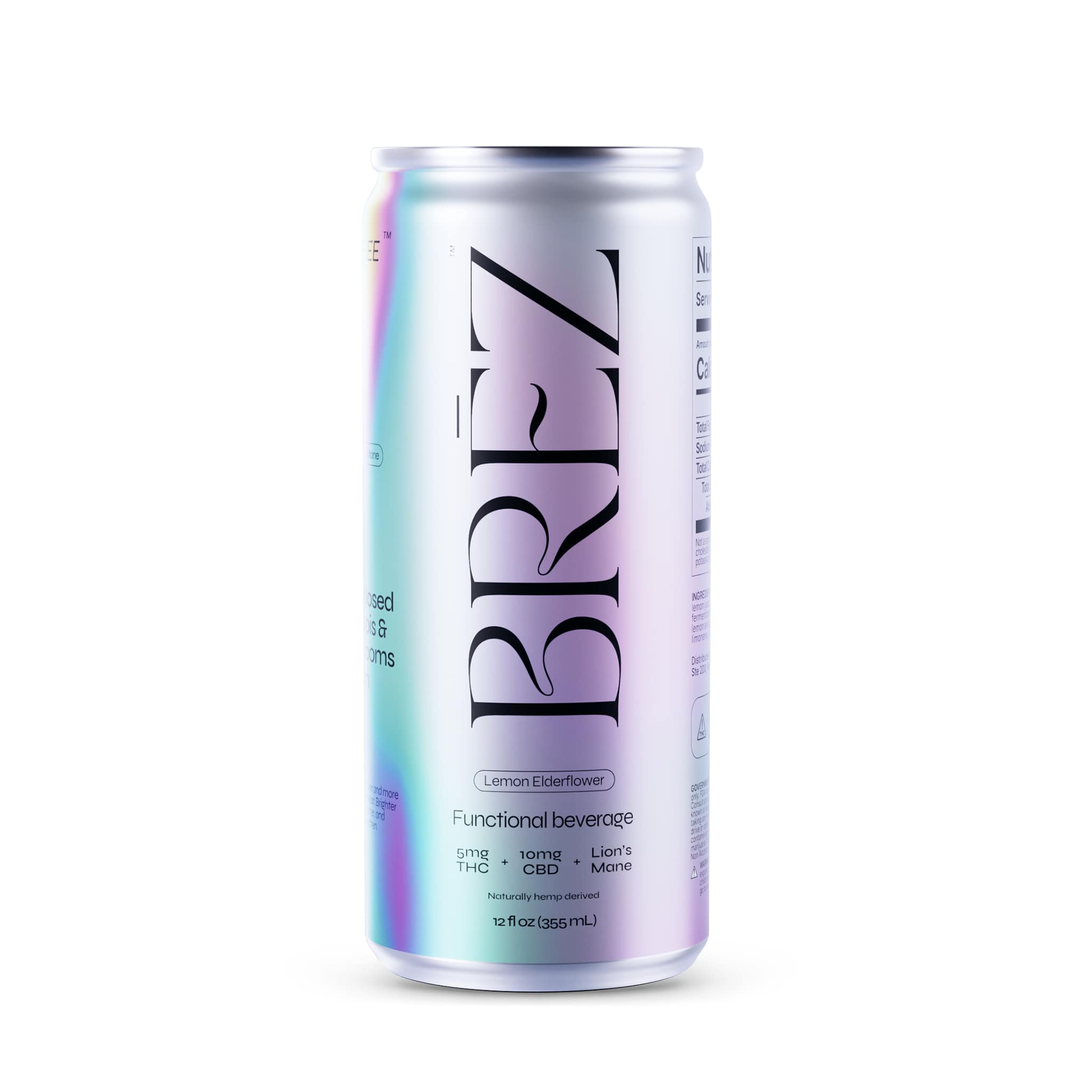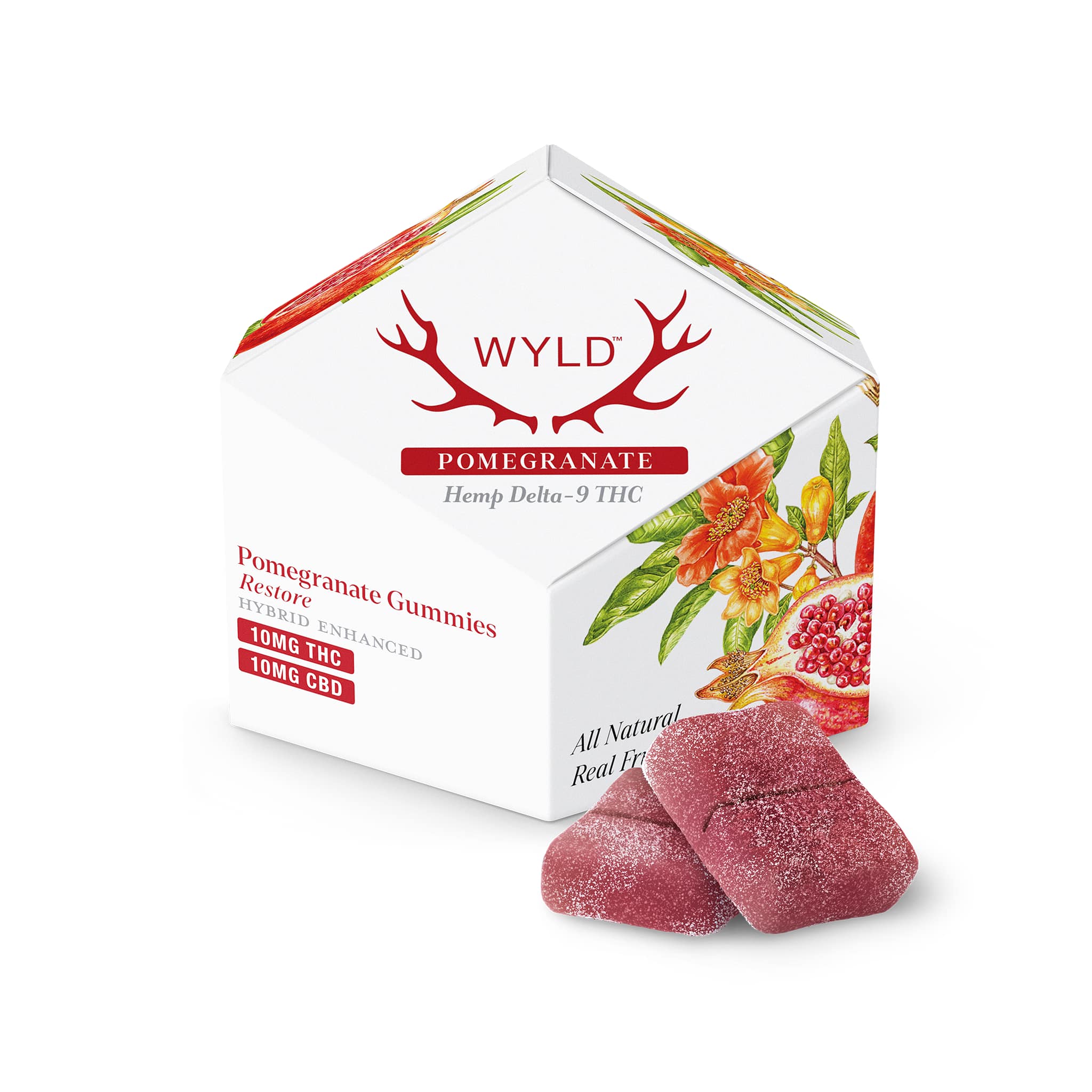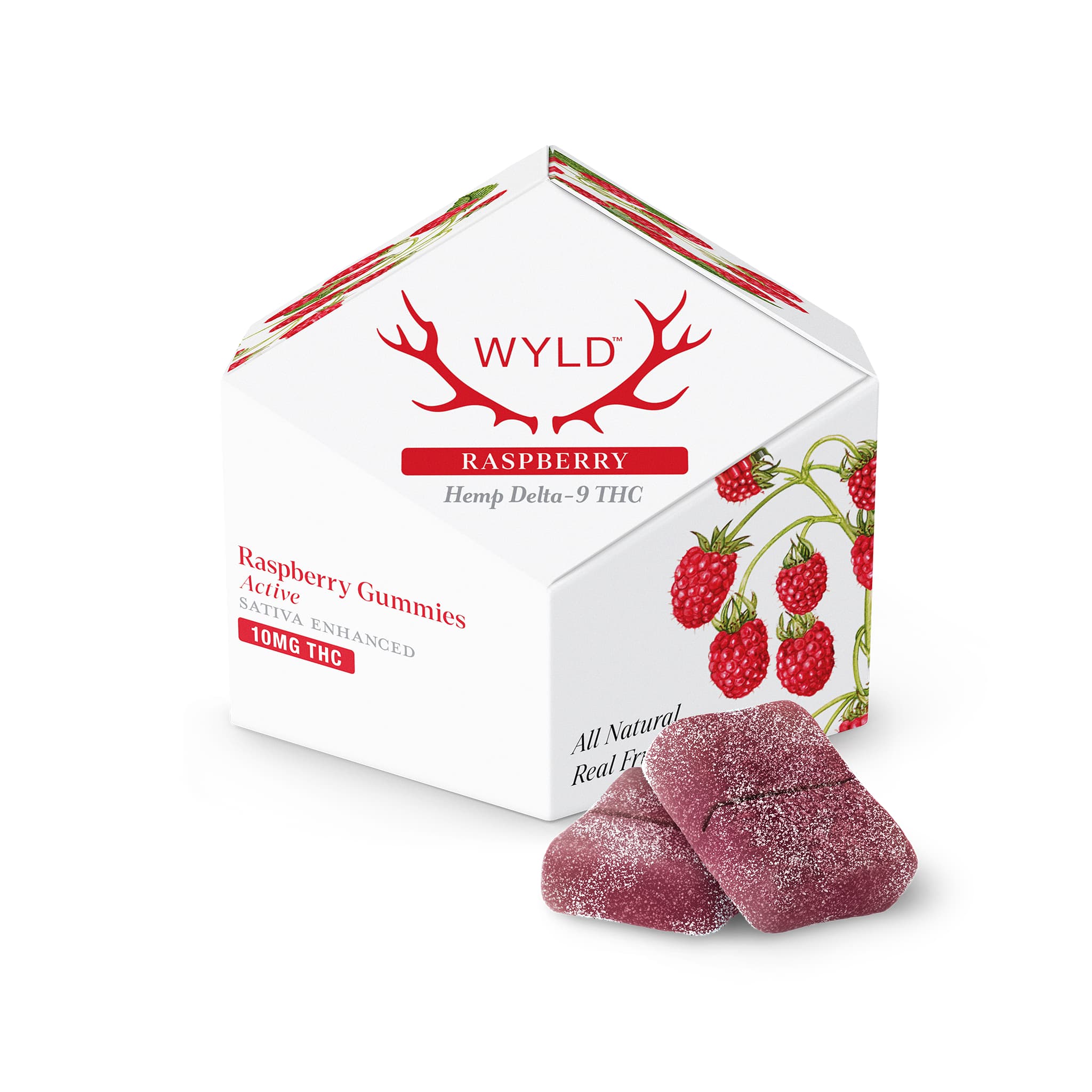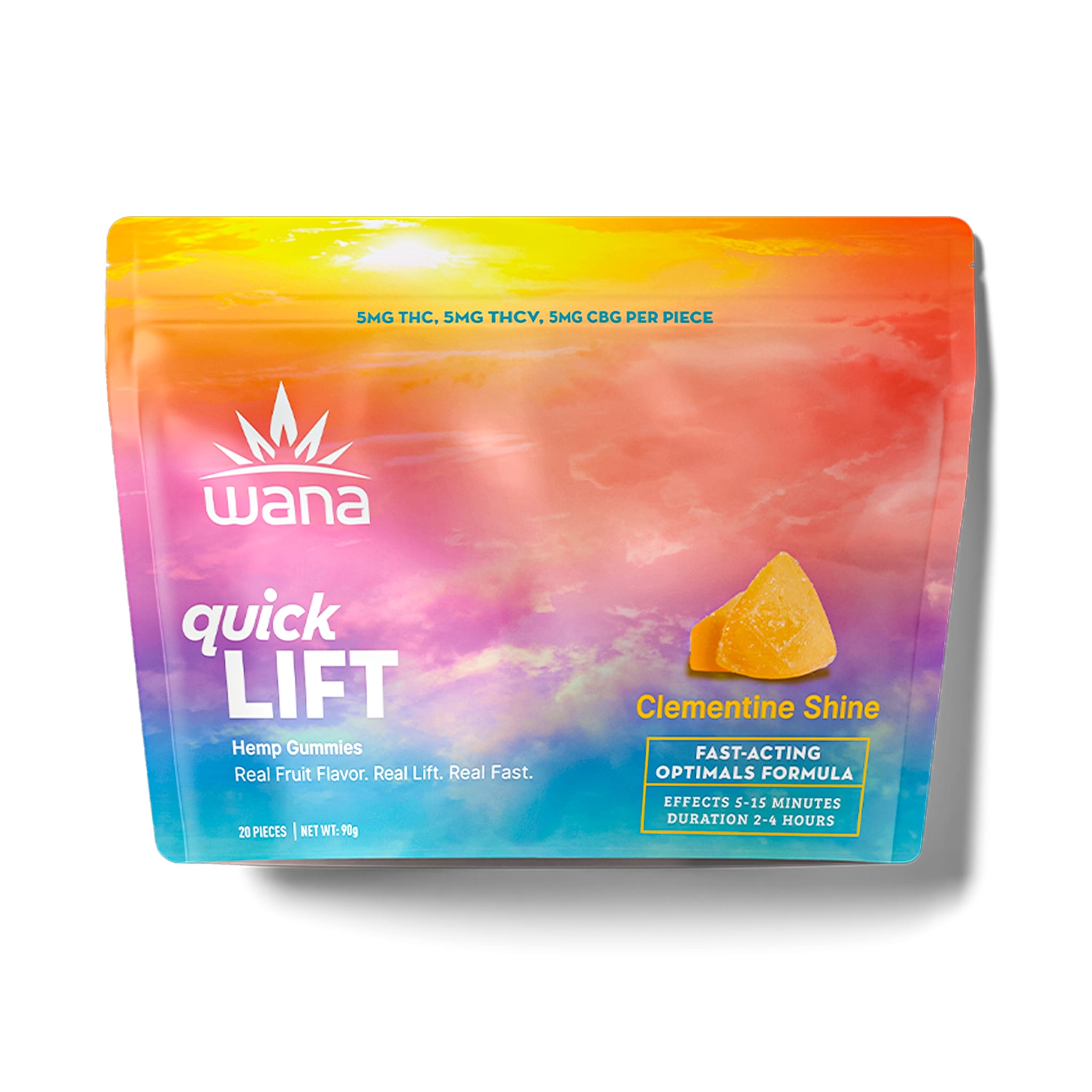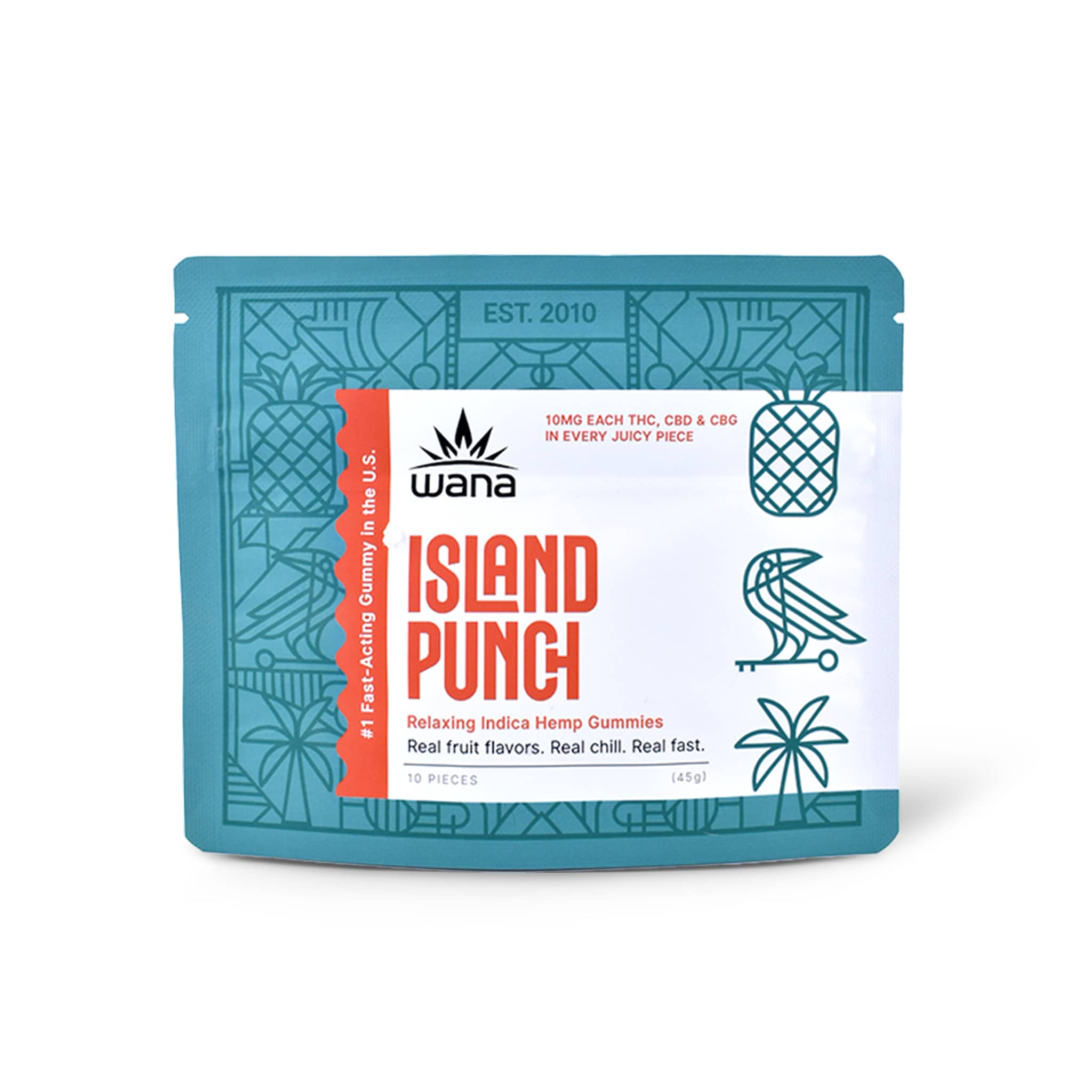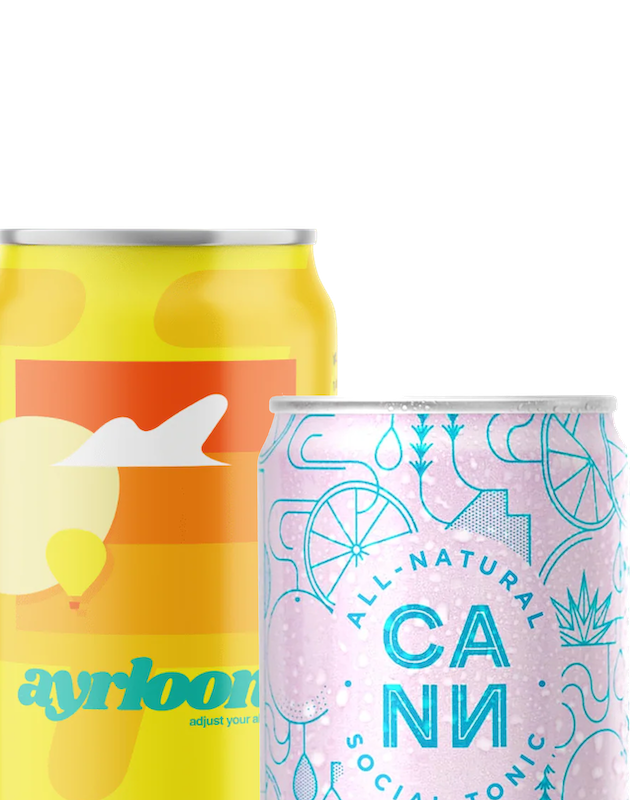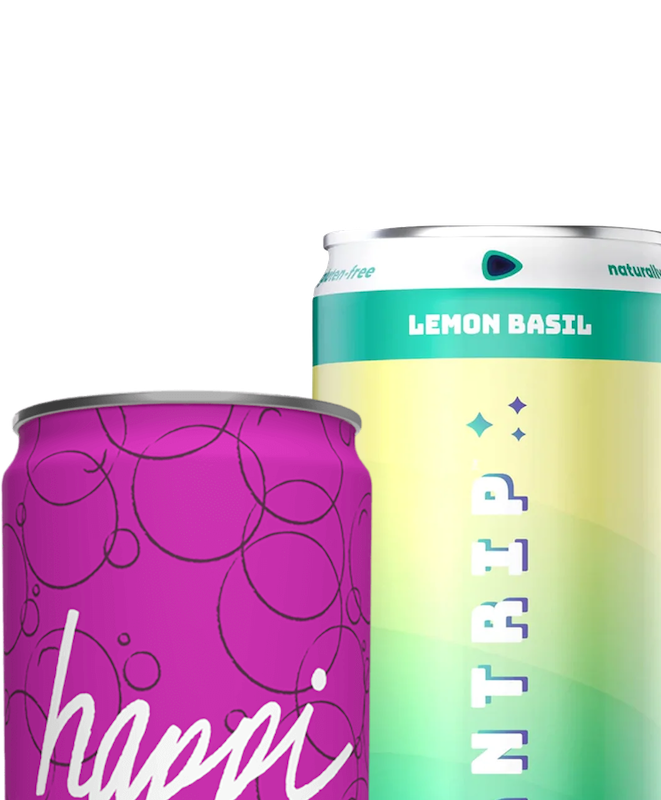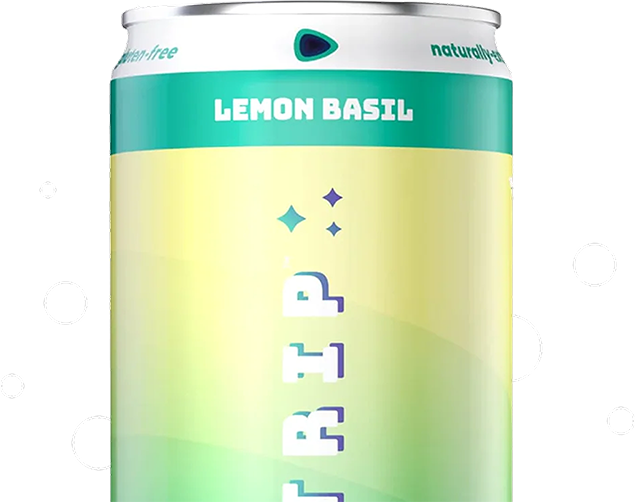If you’re exploring the world of edibles, you may have encountered the terms ‘hemp’ and ‘cannabis’ and wondered “What’s the difference?”.
At Edibles.com, we get this question all the time. Understanding the difference between the two is essential for consumers looking to make informed choices. Though hemp and cannabis are often used interchangeably, they are distinct in several ways, from legal classifications to how and where they’re consumed. Here, we’ll break down the core differences to clarify what makes hemp unique, how it differs from other forms cannabis, and why hemp products are becoming so popular.
Hemp and Cannabis
To start, it’s helpful to understand that hemp and cannabis are the same plant species—Cannabis sativa. They’re technically just different classifications within this species, which means they share certain biological characteristics but have key differences in their physical and chemical compositions and legal definitions.
There are several varieties within Cannabis sativa, and some kinds are classified as hemp, while others are classified as cannabis. So, while they come from the same species, they have, over time, come to serve different purposes based on their unique cannabinoid content, physical appearance, and legal definitions.
What Defines Hemp?
Hemp is legally defined by its low THC content. THC is the psychoactive cannabinoid in cannabis that produces the “high” associated with consumption. In the United States, for Cannabis to be classified as hemp, it must contain no more than 0.3% THC on a dry weight basis. If a cannabis plant has more than 0.3% THC, it is not considered hemp and therefore is classified and regulated differently.
What Defines Cannabis?
Cannabis plants with a THC content greater than 0.3% by dry weight are classified differently than hemp plants. Cannabis plants of this kind contain THC levels greater than 0.3% and are Federally illegal. This applies to products made from these different plants as well.
Cannabinoid Composition
The most obvious difference between hemp and cannabis is their differing cannabinoid profiles. Hemp is rich in CBD, but low in THC. Cannabis, on the other hand, has high levels of THC, but it usually doesn’t contain much CBD. Both can be grown to have higher levels of minor cannabinoids, but this is typically done more with hemp.
Legal Status
The most important distinction between hemp and cannabis is their legal status. Hemp-derived products, including edibles, are federally legal in the United States as long as they contain less than 0.3% THC by dry weight. This legality has made it possible for the widespread innovation of hemp products, from chews to beverages and beyond.
Cannabis products that are not made from hemp are federally illegal in the United States. This means that these products are heavily regulated, highly taxed, and are only available in licensed dispensaries in states where their sale has been legalized.
Conclusion
While hemp and cannabis come are the same species, they are distinct in composition, usage, and legal status. Hemp offers consumers a legal, accessible, and versatile way to enjoy the benefits of cannabinoids. This makes it the preferred choice for consumers interested in cannabis. Our marketplace is proud to focus on hemp edibles that are tailored to support wellness and enjoyment in a safe, accessible way.



